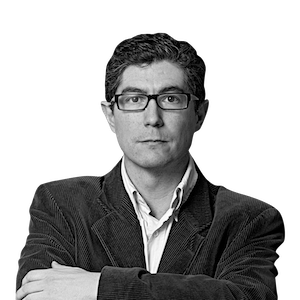Hope and evidence


We are experiencing a paradox that has long concerned me. Never before has science advanced so much, so quickly, and with such astonishing results. And yet, we have never seen so many people embrace baseless ideas, believe in crazy theories, or cling to miraculous solutions that don't stand up to even the slightest rigorous analysis. In the 21st century, pseudoscience is gaining ground. And the worrying thing is that it is doing so in fields where error is not anecdotal, but dangerous.
You only have to walk through a bookstore to see this: entire shelves are dedicated to books on alternative health, quantum economics, energy therapies, and magical psychological formulas. On social media, unproven remedies are recommended day in and day out with complete conviction as if they were absolute truths. The worst part is that many of these voices are influential, with thousands or even millions of followers. And there isn't a shred of evidence behind their prescriptions.
In medicine, the situation is alarming. Doctors have to dedicate part of their time to dispelling false and preconceived ideas that patients themselves have. "I've read that this cures you," "I've been told that natural is better," "Why don't I try this that has no side effects?"
This phenomenon isn't born of ignorance, but of undue expectations. We demand that science solve everything, and solve it now. When it doesn't—because sometimes it can't, or it needs time—we look for an immediate solution, even if it's unproven. Or even if it's false. Hope, when it replaces critical thinking, becomes a danger.
And it's not just about medicine. In economics and business, ideas are also spread that seem more like dogmas of faith than analytical models. They sell foolproof methods, quick fixes, and motivational speeches that ignore all evidence. And because they offer certainties where science only guarantees probabilities, people fall for it.
Science doesn't have all the answers. But it's the only tool that has proven, time and again, that it can find them. We need to regain trust in the method, in the evidence. It's not the quickest path. But it's the one that starts with evidence and isn't anchored in such desperate hope that it renders us illiterate.
